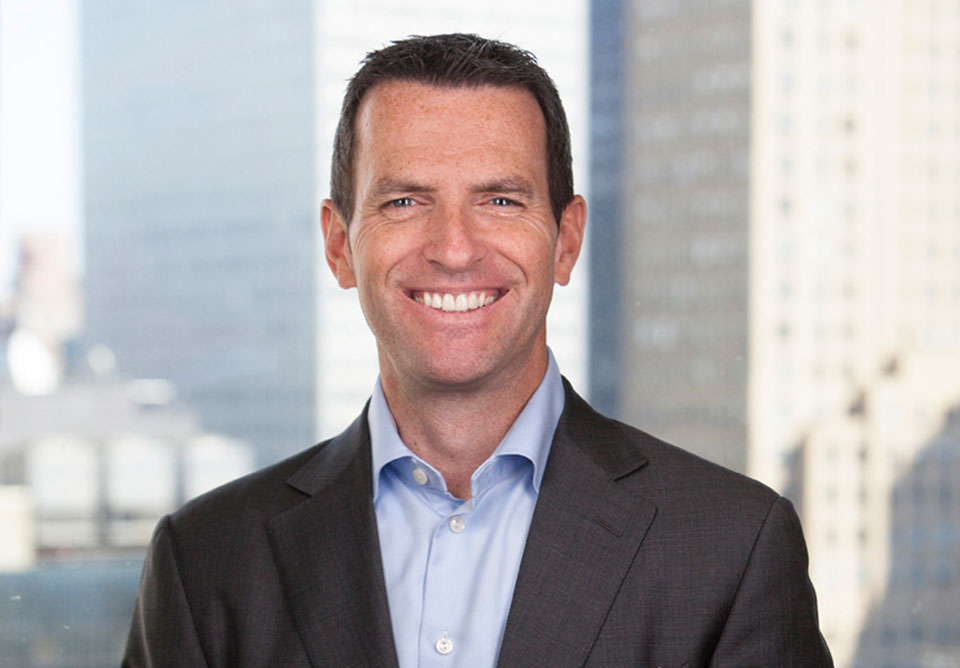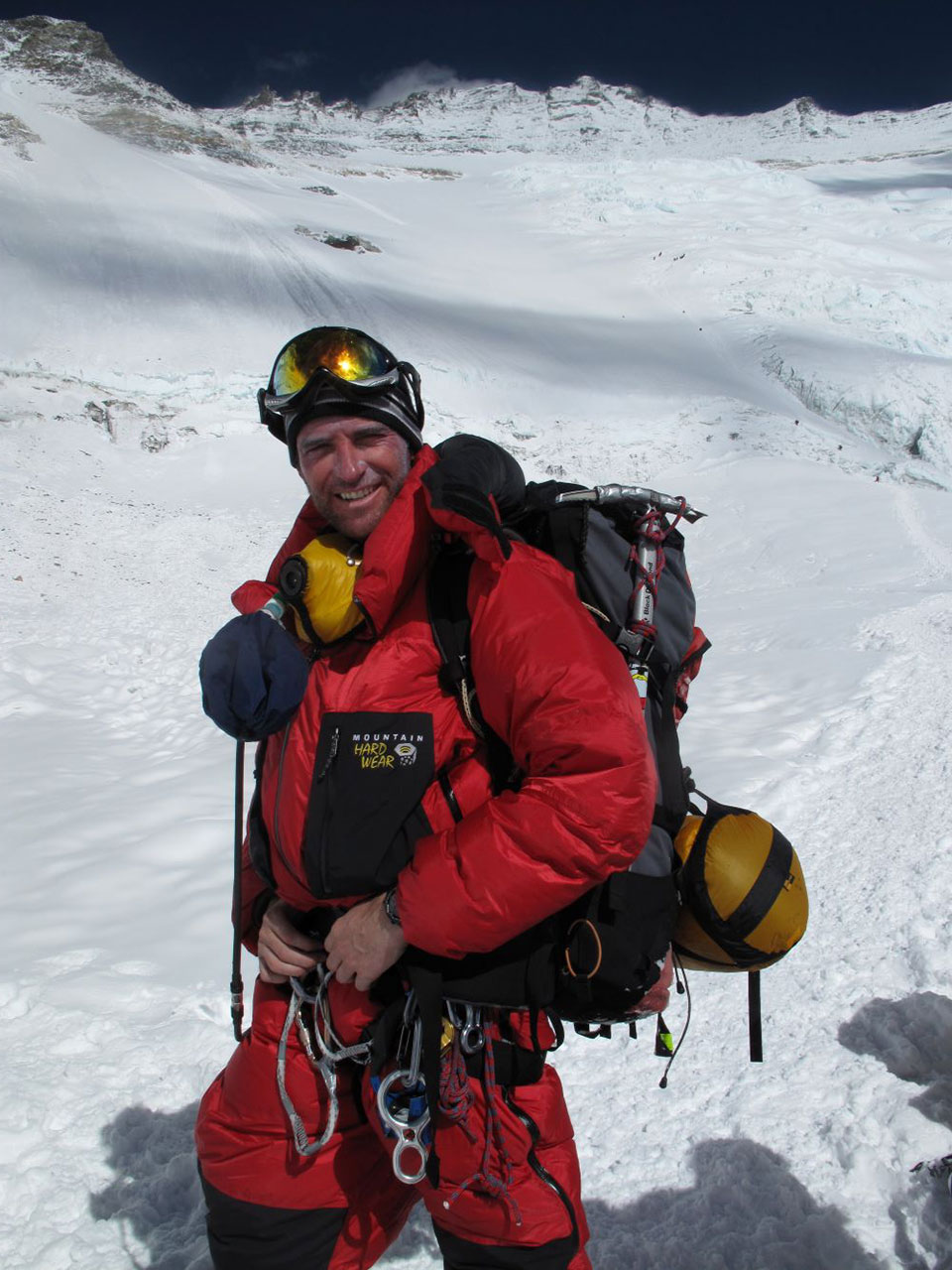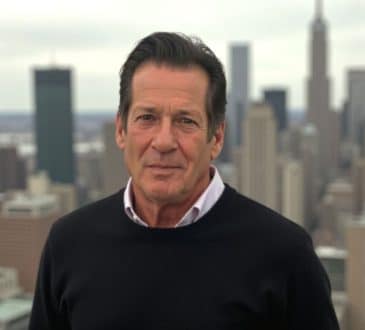Extreme Learnings: What Mega-Trials Like Mt. Everest Can Teach Us About Vulnerability and Leadership

The word vulnerability has become a rising feature during the last decade, and exponentially so from the seismic shock of the pandemic. We have all shared that roller coaster of fear, introspection and uncertainty, as we navigated through an unrecognizable new daily life. Our past frameworks, which once gave us a feeling of terra firma, have been discarded, unfit for purpose.
In the early months of 2020, the cacophony of banging pots on doorsteps and apartment terraces from New York City to Santiago was a shared release of these feelings. Our framework gone, we wrapped ourselves around a shared sense of humanity and newfound purpose to stay healthy. Inside our restricted home spaces, we were left to a new life in hoodies, wooly socks and ever-lengthening manes. The mirror never felt so raw, and yet beautiful. For the first time, many of us witnessed ourselves. To be present with our mind and our fears, all day, just meters from our bed, where we spent long nights hoping against hope that we would awaken from the most surreal of dreams.
It was a shared trauma, which challenged our egos and revealed the hollowness underneath. The ‘Great Resignation’ is symptomatic of this path of soul-searching and rebalancing, more than any societal change in the past 50 years. And all the while, one word above all has become an emotional reality in our heads and hearts: vulnerability. That we can be fallible, weak, human, beautiful and brilliant, all at once.
In society, we have been largely conditioned from childhood to conquer adversity and relentlessly strive towards a more perfect version of ourselves. The kicker is that we believe that this actually matters to others. Everest is the perfect metaphor for this façade, where western climbers leave their often-comfortable lives and trudge halfway across the world to embark on a two-month slog through mortal obstacles, in order to prove themselves and, with frozen eyelids and ice-axe in hand, strive to conquer the physical limits of mother earth herself. The reality is far less glamorous. Everest is an unforgiving mirror, reflecting the truth and revealing our souls. I can personally attest that two months on a mountain in such an extreme environment punctures the ego irreparably, leaving a vacuum that must be faced during every minute of the 86,400 of this expedition.
Authentic leadership starts with oneself. There are many insightful playbooks on ‘what to do’ to cultivate a more vulnerable style of leadership. However, before we ‘do’, we must first look inside ourselves.
Challenge your inner voice. Under stress, our inner dialogue tends to go off the charts, with much of it being nonsensical. One negative thought can ignite the fire of a negative thread, serving no purpose other than increasing our stress levels and pulling us into a spiraling emotional state. We worry too much about others and how we will be judged and the perceived costs of potential failure. We tap the brake instead of the accelerator. When we listen to – and challenge – the dialogue in our heads, we see how disconnected from reality our own inner arguments tend to be. Awareness breaks the chain of chatter and the hemorrhage of energy.
Accept yourself. If the inner dialogue is the canary in the coal mine, our degree of self-acceptance is often the root cause. Having an ego is human, yet when untamed, it can create a reality which is deeply incongruent. We nurture and relish our brand, but in times of stress – such as walking a knife-edge ridge at 8,000 meters in the Death Zone with a head full of negative beliefs – the ego is revealed as an imposter; it is useless, detrimental, and even life-threatening. And if the ego is burst, the question is, what’s left? Knowing who we are and letting go of our proverbial ‘baggage’ is a way to be true to ourselves by first accepting ourselves. Being lighter, decisive and authentic then follows.
Harness the power of intuition. There are rarely perfect choices on mountains, just as there are rarely perfect paths in life. What is important is listening to one’s own judgment—based on thoroughly gathering all the data and understanding what each piece and its implication means. Then it is a matter of appreciating what one’s purpose is. In summiting Everest, emotions often tell us to go forward at all costs, yet one’s overarching purpose is, in fact, to return home—alive. Intuition is perhaps our greatest superpower as humans. It allows us to listen to ourselves and combine experience with data to make a decision.
Recognize the power of curiosity. We often find it hard to relate to our childhoods, a time of not knowing and relishing learning. Many leaders have curiosity, but it tends to be focused on solving or rationalizing. At birth, we are launched into a massive learning curve and a childhood of knowledge-gathering. With age, we start to rationalize, summarize, and normalize our experiences, losing our openness to learn; ego replaces curiosity. It is easy to forget that sense of wonder, of living in the moment and being fully present. No judgment, no opinion, just curiosity. It is in these moments that playfulness appears, and vulnerability becomes as enjoyable to us as it is appealing to others.
In short, Everest can never be conquered. Instead, the mountain serves as a metaphor for life. To ‘conquer’ is to push forward with ego, which misses the very essence of what it means to ‘experience’: to let go and live with vulnerability and recognize the strength that this entails; to revert to childlike curiosity and openness; to ask for help and embrace the change that comes with this. Yet all the while to feel alive and recognize the power that this way of being embodies. That is the true meaning of life and, ultimately, legacy.
Written by Vivian James Rigney.
Bring the best of the CEOWORLD magazine's global journalism to audiences in the United States and around the world. - Add CEOWORLD magazine to your Google News feed.
Follow CEOWORLD magazine headlines on: Google News, LinkedIn, Twitter, and Facebook.
Copyright 2025 The CEOWORLD magazine. All rights reserved. This material (and any extract from it) must not be copied, redistributed or placed on any website, without CEOWORLD magazine' prior written consent. For media queries, please contact: info@ceoworld.biz









